When I first arrived to Korea in late August 2013, I only had a faint idea of what life would be like living on Jeju Island. For those of you contemplating making the move here, you have probably done your research and have already begun to form a few ideas about the island as well. After a few minutes of Google research, you can easily learn that Jeju is home to beautiful beaches, cone-shaped volcanic hills called oreum, and Halla Mountain, the largest mountain in all of South Korea. On the other hand, a few simple image searches will bring up pictures of beautiful scenery, the open-water women divers often found off the coast, and Jeju’s famous avatars, such as the stone grandfathers carved from the island’s volcanic rock, or the haenyeo.
Jeju is indeed a beautiful place to live, such that it is often marketed as “The Hawaii of Korea” by many mainland tourism agencies. I don’t particularly think that this is an appropriate comparison, though. Jeju is special in its own right, and there are many expectations one can form from internet research that might not match up with real life on the island. For that reason, I’d like to offer some insight about living on Jeju Island by providing some pros and cons about how this place stands out from other cities on the mainland.
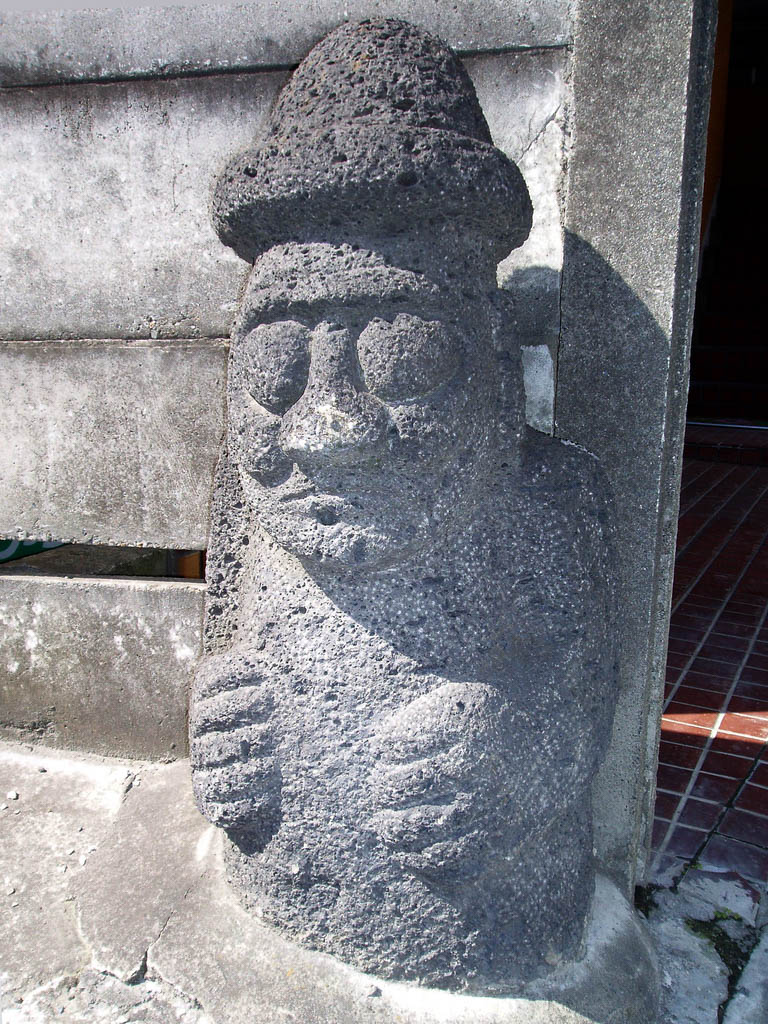
PHOTO: The Jeju Grandfathers are carved out of Jeju’s volcanic rock and can be found all throughout the island.
—
The Benefits of Living and Teaching in Jeju
The Natural Beauty of Jeju Island
Even after living here for two years, I have yet to see all of the beautiful sights on the island because there are just so many places that stand out. There are natural swimming pools hidden deep in some of Jeju’s forests. There are naturally occurring giant rock pillars that seem to be carved into perfectly shaped square steps that run along the southern coast near Seogwipo. There are breathtaking mountains that seem to spring out of the earth in both rural and populous areas. Jeju has incredibly unique and wonderful geographical formations that make it one of, if not the most, beautiful places in all of Korea.
Community
When you live on an island, everyone knows everyone. This has its many ups and downs, but for now, I want to focus on the positive aspects. Before coming to Jeju, I read many articles, all of which stating that if you intend to make any friends in the expatriate community, you will need to put yourself out there and introduce yourself to new people. This is because in Jeju, you get what you put your time into. Teachers on the island are often marked as some of the happiest in Korea. Although, of course, this lifestyle is not for everyone. However, when you live on an island of over 600,000 people with only about 250 of them being westerners, you will likely find yourself interacting with much of the expat community on a regular basis.
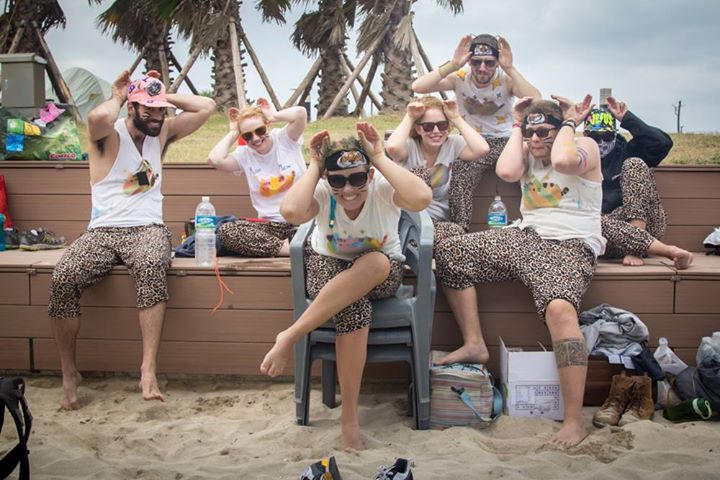
PHOTO: The Sparkle Cats: We were a ferocious feline team who wreaked havoc in the D league (lowest rung) of Jeju’s bi-annual charity volleyball tournament. All of these people are still great friends, though some have moved away from Jeju and are off on new adventures. If you put yourself out there, you will get the opportunity to meet some amazing people on this island.
—
Free Time, Hobbies, and Getting Involved
On the this island, there is almost no limit to the different interest groups that are held by foreigners and Koreans alike. As interests vary considerably, it is very easy for someone to find some sort of activity or hobby that interests them once they arrive here. Unless, of course, they simply just do not make any effort to get out and meet people on the island. Interest groups range from sampling or learning to ferment your own Kombucha, beer and kimchi, to horseback riding, and everything in between. If you are interested in sports or other outdoor activities, there are even hockey, soccer, and ultimate Frisbee teams that play frequently. Chances are, you’ll find a group on the island that has your shared interests. If not, you can start your own and let people know about it. You’ll find yourself amongst new friends very quickly.
Cost of Living
Let’s talk about money. Without a doubt, it is generally cheaper to live in Jeju than it is Seoul or Busan. Of course, this really depends on how you live your life. If you spend three nights a week in City Hall, lavishly eating at expensive restaurants and having a few drinks, you’re more than likely not to save a lot of money. You can afford to live it up or save, but not both. I have found that the pay grade in Jeju is more profitable compared to the cost of living in the bigger cities of Korea, which grants you the opportunity to save upwards of 1,500,000 won a month, if you keep yourself on a budget. That’s roughly $1,300 US dollars a month! At the same time, I know plenty of people who are barely scraping until payday. If you want to save money, go to local markets and avoid E-mart and other large box stores. Set a budget, stick to it, and you’ll find that you can save up to fifteen thousand dollars in a year’s time, if you’re frugal enough. Cha-Ching!
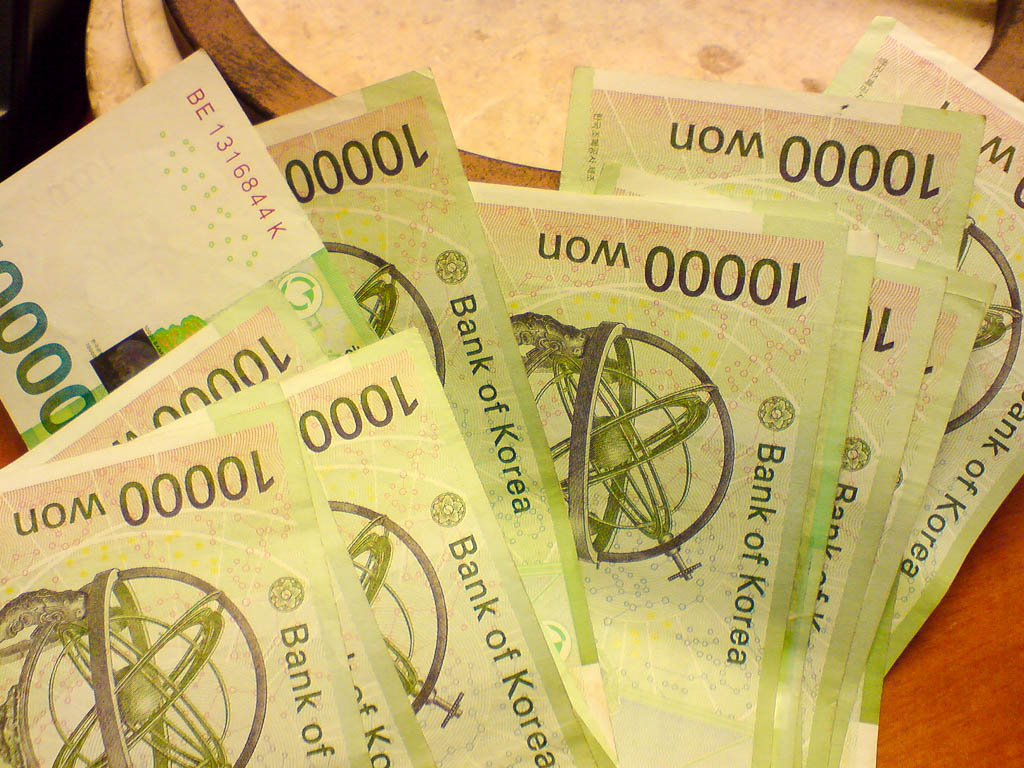
PHOTO: You’ll be a millionaire by your first paycheck! Keep in mind that 10,000 Won is a little less than $10 US dollars, though.
—
Jeju Culture
Jeju is very different from the mainland. The locals act differently, and even have a different dialect than their mainland counterparts. I have found the Jeju people to be tough and utilitarian. The ajummas on Jeju are famous for being as hard as nails, and they live up to their reputation. It is not an uncommon sight to see women, who are easily over seventy years old, working just as hard as thirty year old men in the markets around Tapdong. This goes to show that the older generation, especially the women, are extremely tough. Don’t let that scare you off, though! Despite having a lot of grit and attitude, Jeju islanders are generally very sweet and welcoming people.
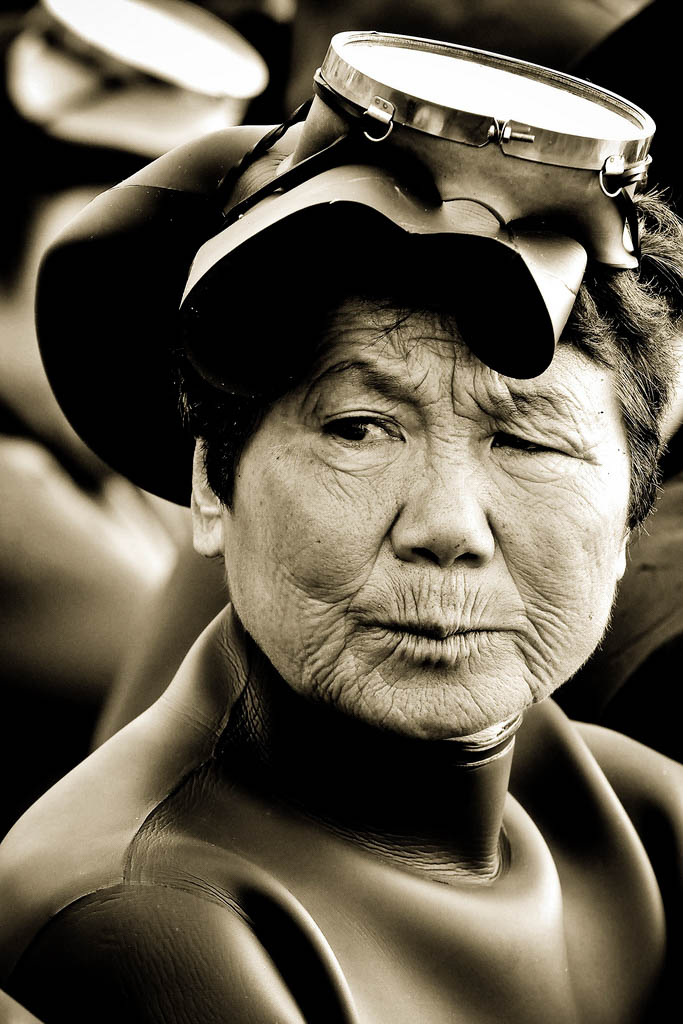
PHOTO: Perhaps the hardest and most respected of Jeju’s women are the Hanyeo. They are open water divers who can hold their breath for minutes at a time while they hunt for fresh seafood off of Jeju’s coastline.
—
Ease of Travel throughout East Asia
Airfare is cheap, and it is easy to get around. From Jeju International Airport, you can easily visit larger cities in China, as well as countries in South East Asia (such as Thailand) without having to go through Seoul — so long as you book in advance. It can be quite expensive to fly to Japan from Jeju, but then again, it isn’t particularly cheap to fly from Seoul either. The larger point is that Jeju is perfectly positioned for you to quickly visit almost anywhere in East Asia, as long as you have the money and free time to do so. Book through smaller budget airlines like Estarjet, Jeju Air, or T-Way for the best bang for your buck.
Jeju is Generally Less-Crowded and More Laid-Back
Jeju has plenty to do, but it feels much more laid back than other areas on the mainland. There is very little noise pollution, and the 600,000 full-time residents are spread throughout the 1,848 square kilometers, or 714 square miles, of the island. Most of these people reside in Jeju City or Seogwipo, so once you are outside of these relatively small cities, you’ll rarely feel frustrated by constantly rubbing elbows with too many people. Even with all of the hustle and bustle of mainlanders and Chinese tourists, especially in the hot summer months, I think Jeju moves at a far less frantic place than other hot spots like Seoul or Busan.
Strong Personal Relationships with Your Students and Co-Teachers
Most teachers that I have met on the island do not teach in schools with more than a few hundred students. I have mostly taught in city schools, but there seems to be a large swath of English teachers that can have up to three different country schools, where the class sizes are quite small. This is great for new teachers looking to get their feet wet teaching because it allows them to get a taste of managing a classroom without being overwhelmed by a large number of students.
The Difficulties of Living on Jeju
Isolation from the Mainland
As you may have noticed, Jeju is an island and is therefore somewhat isolated from the rest of the mainland. This means that any weekend excursions throughout the country are only possible if you buy a plane or ferry ticket. Flights are generally quite cheap if you book in advance, but you’re still looking at anywhere from 60,000 to 130,000 won just to get to and from your destination. It takes less than an hour after take-off to arrive in Seoul or Busan, though. Some may not know this, but the Seoul-to-Jeju flight path is the most regularly flown in the world! There are easily fifteen flights a day from each airline. When one takes time into consideration, this option is probably on par with taking the KTX or the bus on the mainland. However, I would still say that this is a relatively minor inconvenience.
The Nightlife Scene
This is like comparing apples to Jeju oranges. Jeju just doesn’t have the same level of crazy nightlife attractions as do cities like Seoul. This doesn’t mean that there aren’t places to have a fun night out on the town, though. There are plenty of bars and live music venues throughout Jeju. However, if being in the heart of Hongdae every Saturday night is your idea of a good time, then you may find Jeju’s scene somewhat lacking. The frequency in which you can catch a show or concert of a famous Korean and international artists is also much lower than in some mainland cities.
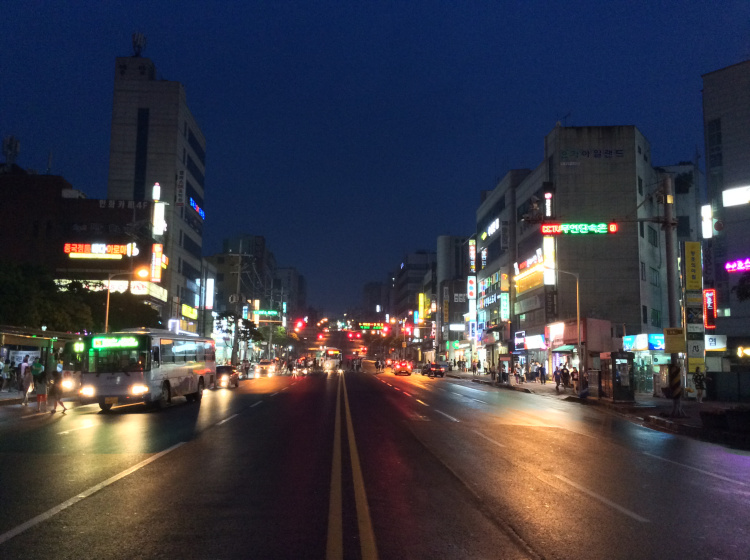
PHOTO: This is Jeju’s City Hall area. This is about as big as it gets in Jeju with a few minor exceptions. There is a plethora of side streets that stretch out from this central area that are full of fun things to see and get into, but it is no match for the nightlife one might find in Seoul.
—
Public Transportation to More Remote Areas of the Island
Most of the buses that cut around Jeju City or Seogwipo are actually incredibly fast. They are so fast that you may need to hold on tight to something so that you aren’t thrown around when they unexpectedly put on breaks, which they often do!
The intercity buses, on the other hand, can take a while. Jeju is a big island, so it takes a while to get around it. Going from Jeju City to Seogwipo is easy enough and only takes about an hour long commute; however, teachers working in rural areas in the eastern or western corners of the island often find that they live over an hour away from their schools. This can sometimes take even longer when we take into consideration bus transfers.
Although buses come by regularly in the city, you may find yourself in trouble if you miss your 7:45 am connection outside of the city center. Some bus routes only run once an hour, and that can be problematic for teachers who aren’t on top of their bus schedules. Most bus schedules are only in Korean as well, so it is highly recommended that you learn to read hangeul before you start using public transportation for the first time.
This has prompted many people to buy cars, motorcycles, or scooters to get around as it saves them loads of time. But this can be a dangerous option if you’re not paying very close attention to the road.
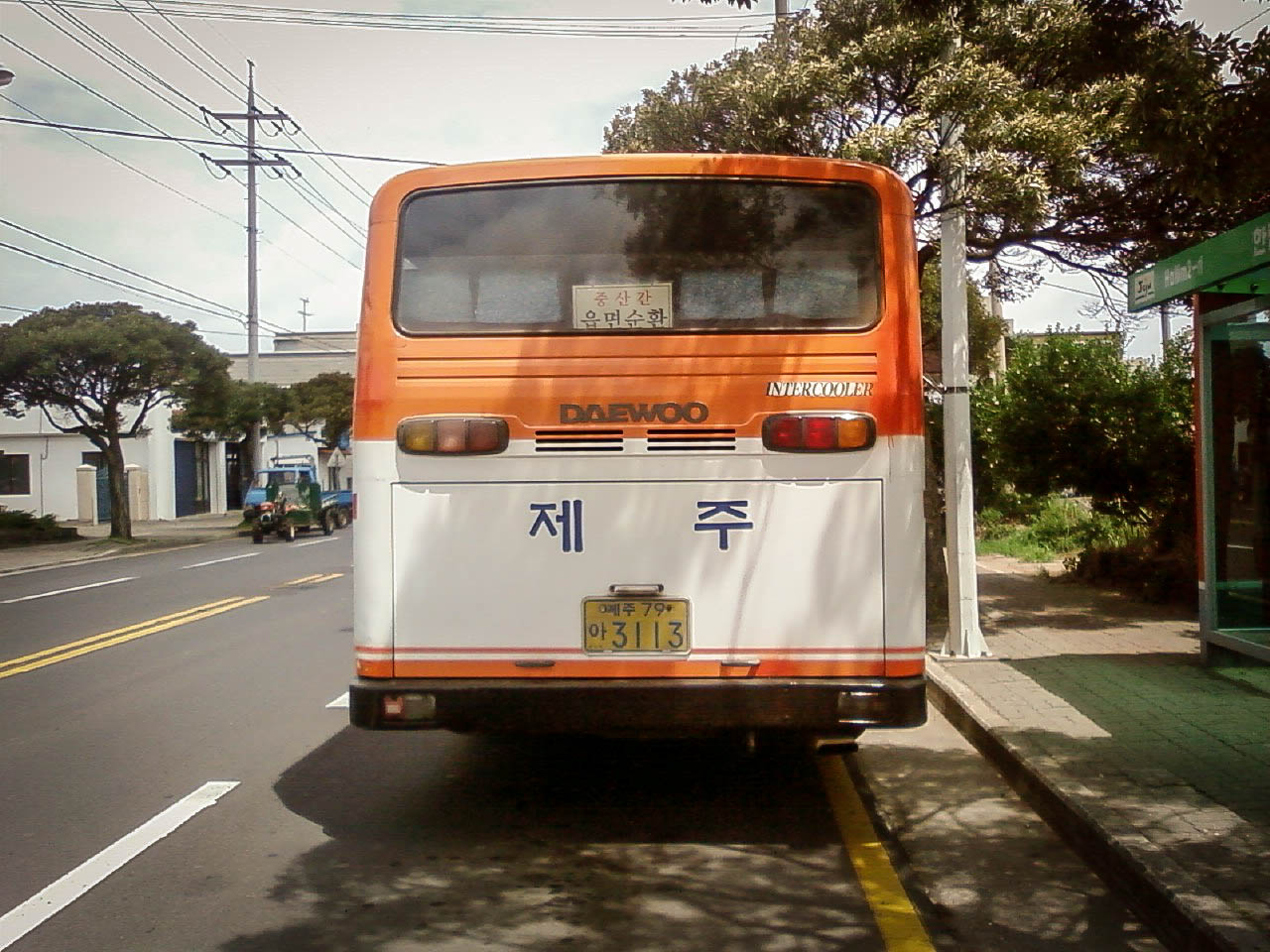
PHOTO: Jeju buses are fast and effective ways to get around the city, but they take a little while to get out to some of the more remote locations.
—
Jeju Drivers
Everyone says this about the place they live in, but in this case, I am quite serious; as much as I love Jeju, the one major gripe I have about this island are the drivers. I often wonder if people are deliberately trying to kill each other with the stunts that they pull. Buses are the worst culprits as they really throw their weight around on the road. I’ve noticed that this issue has gotten better since I’ve been here, but I will still occasionally find myself on a bus that blows right through a red light, or finds itself in the left turn lane when it wants to turn right, and just goes ahead and turns right anyway.
The next worst offenders are the tourists that visit the island who rent a car but have absolutely no idea what they are doing. You can tell who the tourists are by their car’s rental plate, which reads the hangeul character “허” on the back plate. Trust me, you will get a really good look at it when one of the following occurs: when one cuts in front of you on an open road in no traffic, when you’re in the middle of the city and they merge with no blinker, and when they have banked on you, slamming on their brakes to avoid a collision, nearly careening into the oncoming traffic.
Perhaps the most flabbergasting issue isn’t unique to Jeju, but is compounded by the other bad driving practices: some people will stop in the middle of a major road in Jeju City and put their hazard lights on, just to go into a store for up to ten minutes at time. It is something you just have to laugh off, but I have seen crashes where people get really hurt in instances like these.
Joking aside, I must iterate how important it is that drivers get insurance, wear a helmet if you’re riding a motorcycle, and follow traffic laws by driving legally here in Jeju. I have known too many people who have gotten crashed into or knocked off their bikes by drivers who were too busy looking at their GPS or phone instead of the road. Be careful out there!
Long Term Ecological Concerns from Tourism
Jeju has enjoyed much of its success from the money it has generated from mainland and Chinese tourism. This point can not be understated. However, while this tourism is good for business, it is not necessarily beneficial to the beautiful nature on Jeju Island that draws so many tourists in the first place. Vast numbers of investors have laid out construction projects all throughout the island in the recent years, and not all of it has been done in a very responsible or even aesthetically pleasing manner. I would not necessarily consider myself an environmentalist, but even I can see that the cheesy attractions, gaudy hotels, and strange museums are a dime a dozen, and many are built over beautiful areas on the island. I hope that the government does more to protect Jeju’s ecological health for the long term in the coming years.
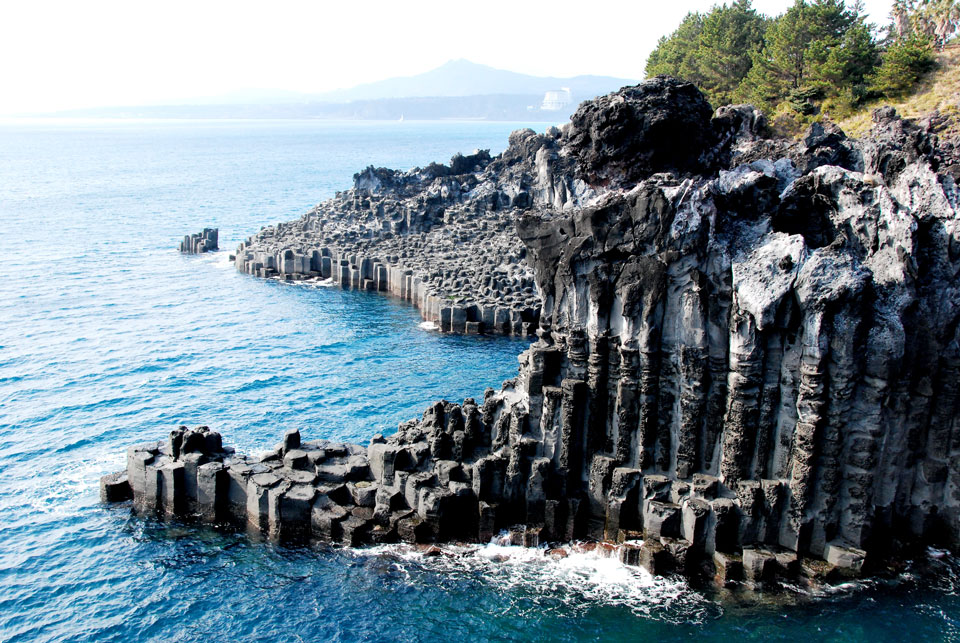
PHOTO: Jeju has some of the most beautiful scenery in all of Korea. However, although the ever-increasing number of foreign investors that are buying up and building on this land generates good income, it also generates long term ecological problems in some areas of the island.
—
Breaking Out of the Waygook Bubble
You will likely be living in an apartment complex with a lot of other foreigners when you first arrive to Jeju. This is great for newbies because not only will you immediately have contacts and support with settling into Korea, you will also find yourself hanging out with people of nations that are different from yours. Even better, some of these people may even go on to become great friends of yours!
As time goes on, and you become more comfortable with your routine and with your core group of friends, it can be easy to quit exploring or pushing yourself to enjoy everything Korea has to offer you. However, if you want to branch out from the expat scene and make more Korean friends, you will need to make a concentrated effort to break out of your comfort bubble and try your hand at learning and speaking with local Koreans. Many foreigners speak enough Korean be polite and get by, but if you’re looking for a more immersive experience, you’ll have to make more of an effort to study the language. There is absolutely nothing wrong with expat life. But don’t miss out on this special chance to experience another culture first hand!
—
I love Jeju. It has given me the opportunity to grow exponentially as an educator, save money for my long-term goals, make lifelong friends and memories, and it has even allowed me to meet the love of my life. My experience on Jeju thus far has truly felt like some kind of fairy tale. I can’t promise that you will have the same sort of experiences as I have had on this island, but I can tell you that of all the years I have lived here, I’ve only met two or three out of the hundreds of teachers who didn’t care for it.
I think that if you make the effort to push yourself to grow as a person, become active in events that interest you on the island, and work hard to ensure that your students improve in and outside of the classroom, you’ll deeply enjoy your time here. Catch you in Jeju!
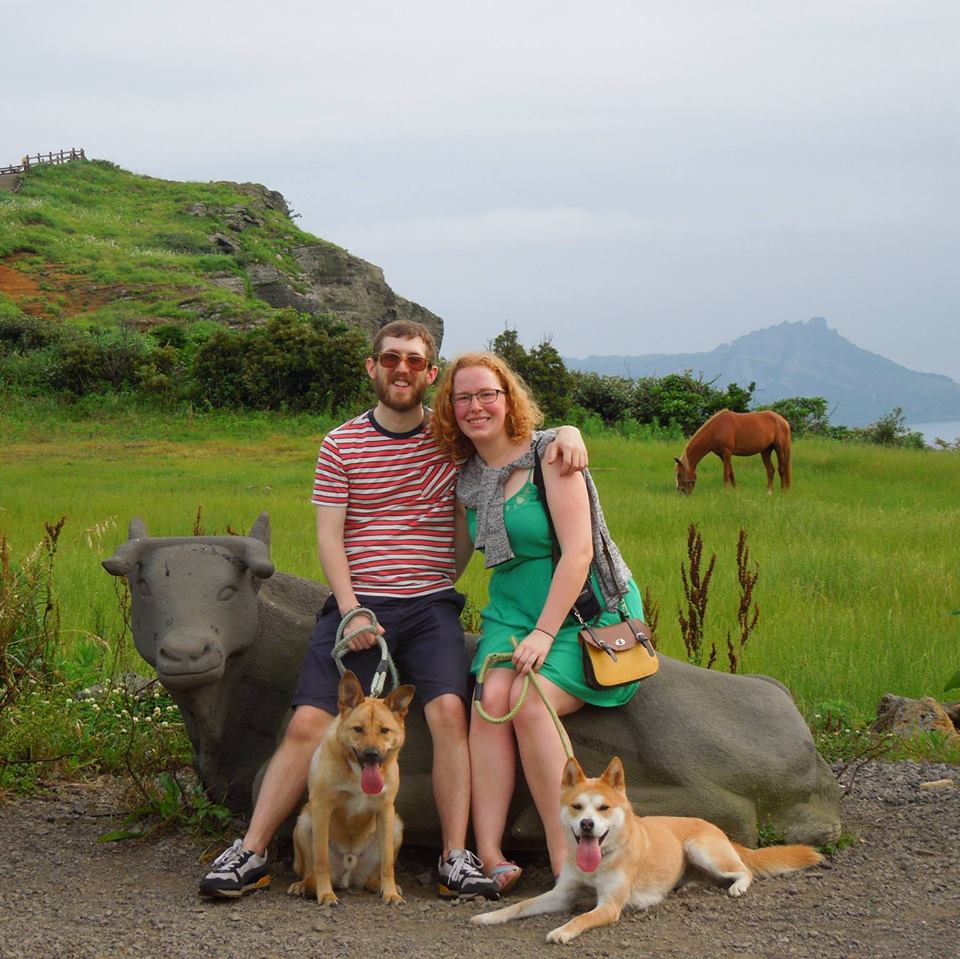
-Edited by: Rafi Feliciano
-Featured image courtesy of WikiCommons
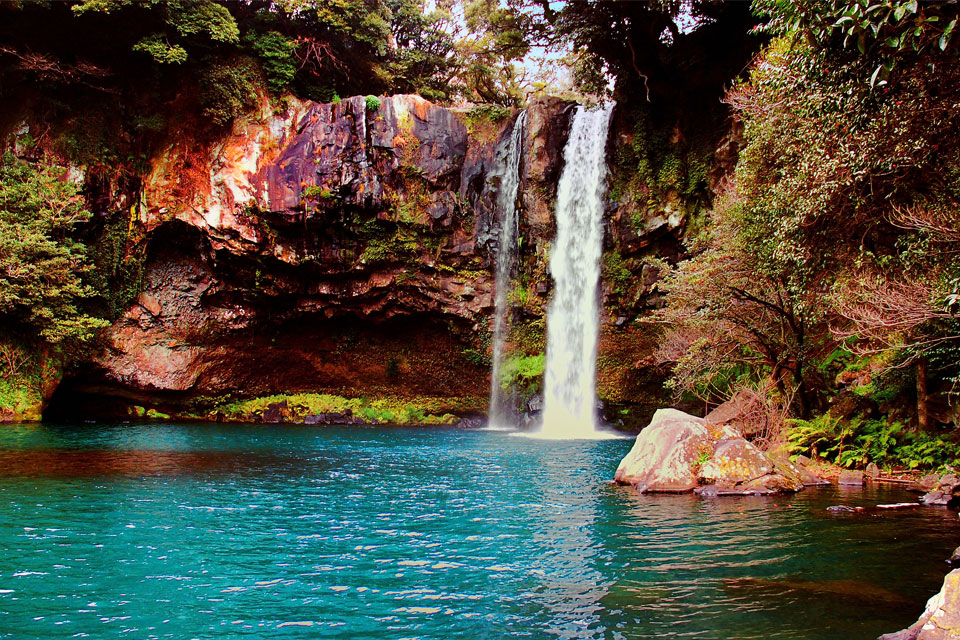

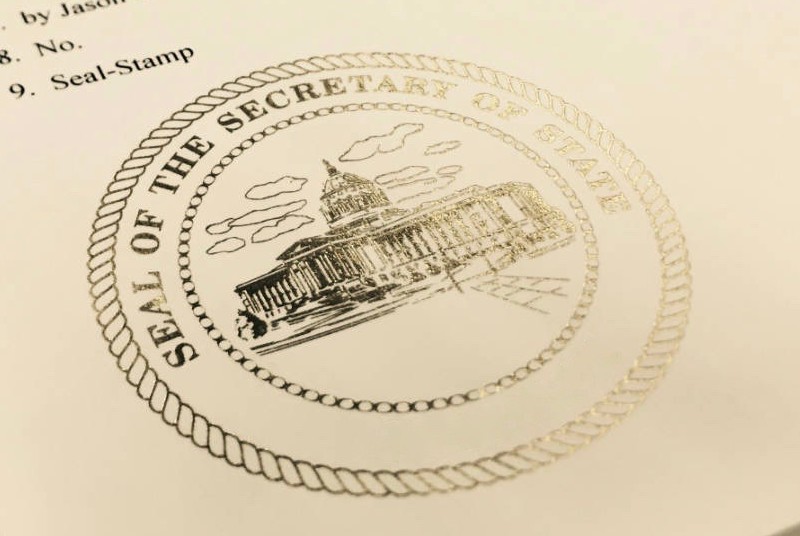
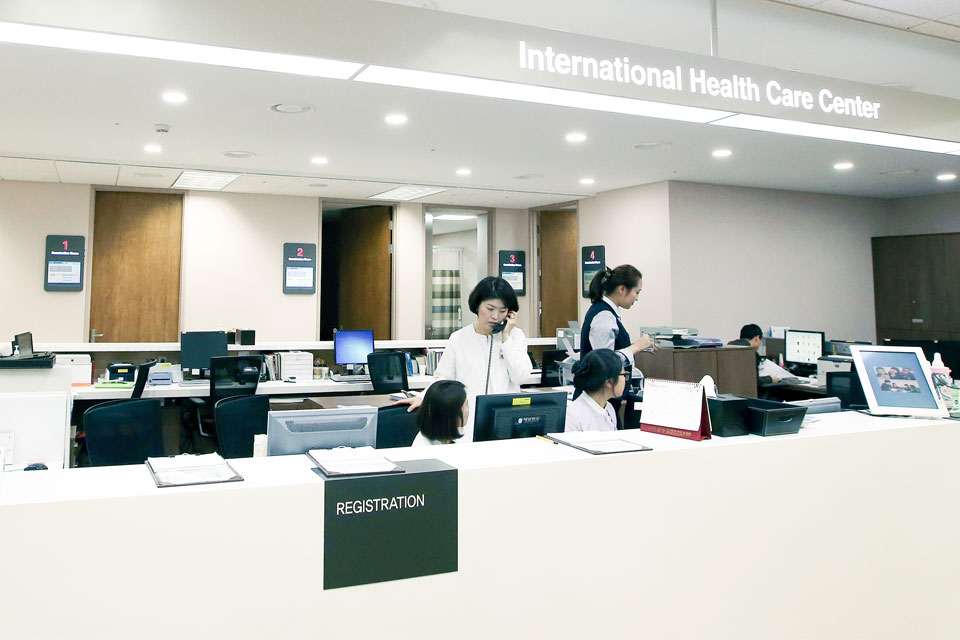
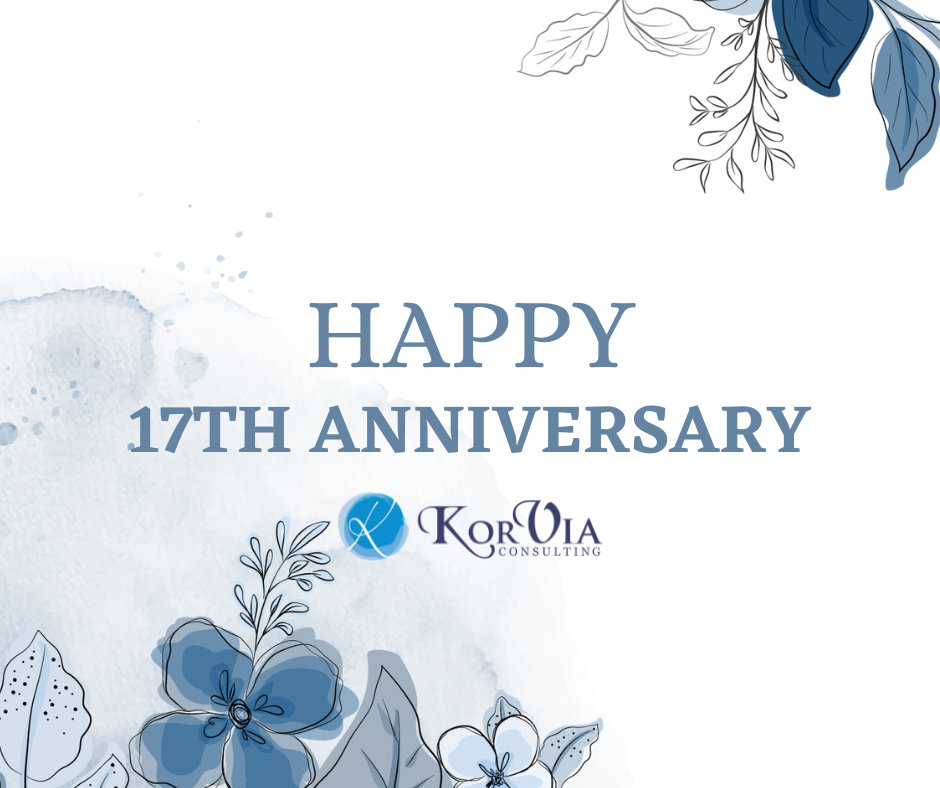

I just interviewed for an international school in Jeju, but “International” is kind of a farce when it comes to the student population. Do you and your wife have children yet, or do you know of expats that do and they attend school there? I am concerned about my 4 year old daughter who will be starting Kinder soon. I feel like she might be seen as an outsider by the other students or at least not be able to communicate with them.
Hey Robin,
Your concerns are well warranted. We don’t have children, but I have a few friends who have stayed here long term and put their children in the Korean public school system. Most people who do so are married to a Korean wife or husband. Their children will often be able to speak Korean, but even so, the transition is hard and they have a lot of trouble being accepted because they are only “half Korean.” Most people move back to their home countries after their children reach primary school age.
This is one of the most homogeneous countries in the world, and although I love it here, I would not suggest bringing children here unless they are ethnically Korean and possessed a high level of the Korean language. I hope this was of some help to you. Good luck!
Hey Robin,
Your concerns are well warranted. We don’t have children, but I have a few friends who have stayed here long term and put their children in the Korean public school system. Most people who do so are married to a Korean wife or husband. Their children will often be able to speak Korean, but even so, the transition is hard and they have a lot of trouble being accepted because they are only “half Korean.” Most people move back to their home countries after their children reach primary school age.
This is one of the most homogeneous countries in the world, and although I love it here, I would not suggest bringing children here unless they are ethnically Korean and possessed a high level of the Korean language. I hope this was of some help to you. Good luck!
Hi Robin, and Andrew 😊
My wife has also just interviewed for a new international school in jeju. We will have two boys 5&3 and a 1yr old daughter. Our biggest concern is schooling also. Not glad to hear they probably won’t be warmly accepted and we will be relying on staff kids for friends. 😬 Is it really that bad?
Thanks for the initial info Andrew!
I’m happy to help! I’m sorry if the news sounds discouraging. :( Think of the reverse situation though. If a Korean child moved to the United States with their parents and didn’t know how to speak English or had no intention of learning it, they would definitely run into some trouble fitting in at school or being successful in their classes. It is the same here, but far less ethnically diverse. In my three and a half years of teaching in multiple public schools, I’ve only seen two students who were “half Korean / half Japanese” and none that were truly foreign. There also aren’t any real programs for integrating foreign students into the classroom here. If you were single or married without children, I’d wholeheartedly recommend taking the job! Otherwise, my advice would be to maybe take a pass on putting your kids through a difficult transition. I hope this helps :D
Hi!This article is so interesting i was wondering,when i tell my family bout moving to korea they think its a bad idea due to some sort of missile testing by north korea… is it safer out there then we are made to believe out herein the UK . Thanks so much for sharing really helpful! Also is the air pollution a. Issue in jeju?
Hi Nat,
I believe that North Korea should not play a major factor in deciding if you want to live in Jeju or South Korea at large. In a geopolitical sense,the threat of nuclear or conventional confrontation between North and South Korea is rather minimal. No one really wants a war.
Kim Jung Un knows his regime cannot survive a war with a U.S. backed South Korea. He has to saber rattle in order to project strength abroad and maintain order within his own regime. The U.S. does not want to commit troops in another foreign war and China does not want to see a unified, western backed Korean peninsula. Two of the world’s superpowers have a vested interest in keeping things relatively peaceful.
The air quality varies. Some days it is crystal clear and on others you can’t make out Halla-San. I recommend looking at this site for more info: https://aqicn.org/map/korea/jeju/jeju-si/
Cheers! I hope this helped in some way!
Hi there,
I see you have dogs from the photo! Would we be able to bring out dog and cat with us to live in Jeju, and what kind of accommodation do you live in with them?
Thanks!
I was wondering the same thing myself
This was such an insightful read! Thank you for this blog post. My partner and I are making the move to Jeju in October this year and we can’t get enough of reading about it, we’re so excited. We travelled around South Korea and to Jeju island last year for just over a week so we have a little idea of what Jeju life will be like. I’ll be teaching in an international school for the first time so I’m nervous but just more so excited. Your dogs are very cute also!
Thanks again :)
Thank you for reading Kirsten! Sorry for the incredibly late response. I hope you are enjoying your time on the island!
Since you all don’t have kids, don’t comment! I lived in Jeju, I have a waegok baby, and put her in both the Oriny chip, and the youchiwon where both facilities went above and beyond to make my daughter feel comfortable and safe.
And after her school many of my students would play with her and watch out for her.
When it comes to children, safety, Jeju was amazing!
I strongly suggest that parents learn the local language if they are going to put their children in the public school.
However many online schools are available if you don’t want to immerse your children in the public school setting.
What if, I want to go there as an English teacher?
Hi.. I am plan to visit jeju Island. At which side of jeju I can find residential area where they catch fish without using equipment? Thnks
Hi Andrew. My name is John from Singapore and I stay in Jeju as well. I go to Jeju two to three times in a year. How do I contact you ?
Hi Andrew,
I lived in Seogwipo 2006~2008 as an American with a South African wife, both of us teachers, and our two young children. In fact, our daughter was born in Jeju-do in 2007. I wondered how things might have changed in last ten years, but from your description it doesn’t sound like very much. Raising small children there as foreigners is a little bit of a challenge, but because of how friendly most everyone is, it is certainly doable. Another foreign couple at our school had a slightly older son, and were also able to make it work. There was a single mom for a while at a different school with an 10-year-old son, but I think she found it a bit too hard. And there was a younger, more outdoorsy couple than us with a newborn who absolutely loved the island.
I enjoyed the pace of life on the island, as well as the camaraderie of the foreign community, but my wife grew to find both to be a bit too restrictive and we ultimately moved back to the mainland. We are divorced now, which happens. I’m thinking about moving back when the kids are grown here in a few years.
Thanks for this! I’m applying to teach for EPIK and Jeju is my first choice, this gave me good insight! Thanks!!
Kacey
I have two boys aged 8 & 9. Are there any foreign kids in the international schools on JeJu? Thinking of applying for a job there. Are there many sports/social clubs for kids?
Hi Paul I am in same boat with kids same age. Wondering about amount of foreign kids.
Hello, i’m Dieng from Guinea.
I am a student in jeju national university and doing my master degree in English literature.
I am really interested with this program and wish to meet more English teachers.
[…] but learning a few key phrases in Korean will help you make friends with Jeju islanders. The expat community is tight-knit, so it won’t be hard to make English-speaking friends if you get a little […]
Can you give me some idea of the rental cost for a two bedroom apartment and/or a small house on Jeju? My Korean wife and I are thinking of relocating to Jeju. I am a semi-retired teacher/writer, my wife is a children’s book publisher.
Hi Andrew,
I am a Nigerian student planning to have my graduate study in south Korea. What would you advise me in terms of choosing to study in Jeju National university… Can you tell whether they give quality education and whether they have good learning facilities. I intend to study medicine and am just curious. Hope you’d reply soon.
Thank you for the post, it was helpful.
Aloha Andrew, I am a Korean living in Hawaii. I am interested in having my parents go back home to Korea and live out their retirement. I am interested in getting some information about Gapa island. Can I buy a property there? How much can I expect to spend? If not purchased, how much is the lease? Thank you.
Really great insight. Thank you!